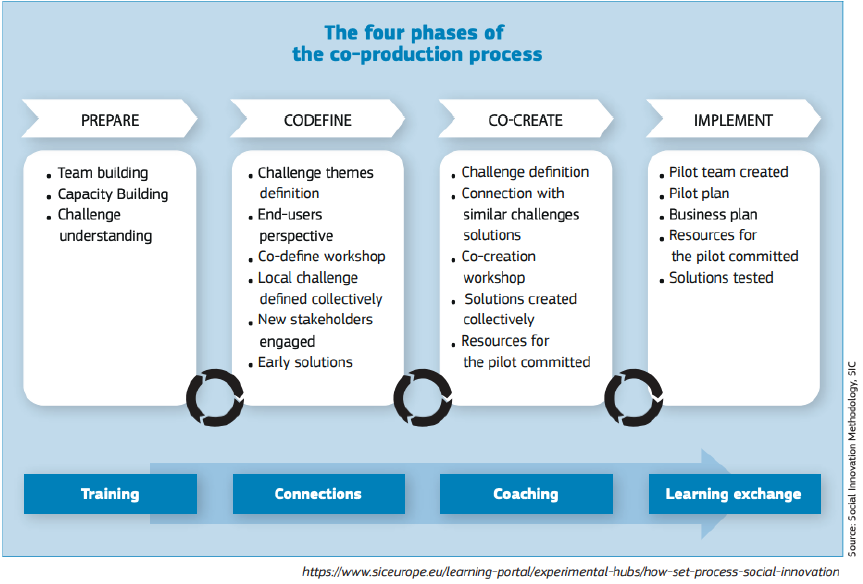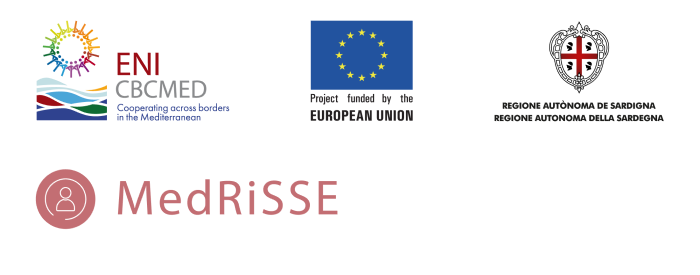To implement co-production, we need a ‘whole systems approach’ because:
- Organisations must change at every level—from senior management to frontline staff—if they want to achieve meaningful participation
- Participation should become part of daily practice—and not be a one-off activity
- Participation operates at different levels as there are many ways to involve people who use services in different types of decisions
Making co-production happen in practice is about all those who are involved in the process—who may have different perspectives—working together to achieve agreed aims. This means building relationships. This is reflected in the concept of the ‘relational state’, which means that public services and governments need to be based on a social relationship approach, with the devolution of power at all levels, so that people have power as well as responsibility. An important part of this concept is the idea that governments and service providers need to trust citizens and people who use services.

THE 4 PHASES
Let’s look at a practical example of how a co-production process can be started:
1. Preparation of the process
The host institutions explore the challenge and possible solutions with a core team of engaged stakeholders with different perspectives of the challenge and potential funders of the solution. Core team stakeholders are trained by the host institution in the application of social innovation principles, tools and methods. They conduct careful research into the challenge and prepare a challenge question for the “co-define workshop”.
2. Co-defining the local challenge
Stakeholder interviews assist the core team to define the challenge themes or questions for the co-define workshop with a wider group of stakeholders, including end users. In order to better frame the challenge and ensure that the solution achieve a wide impact, the co-define workshop seeks to share diverse perspectives, raises initial solution ideas, and, through shared understanding, develops a concise description of the challenge.
3. Co-creating solutions
The core team improves its understanding of the challenge and emerging ideas for solutions by leveraging outputs from the co-define workshops through engagement with new stakeholders, insights and contributions. After refining the local challenge, they design and deliver a co-creation workshop that can last several days with local actors from the public, private and third sectors to co-produce social innovation solutions to address the challenge. Other social innovators can be invited to inspire participants and showcase examples of how they had addressed similar challenges.
4. Implementing the solutions locally
The host institutions support actors who create a solution idea to actively develop pilots by reflecting on new findings around the challenge: developing a business plan, connecting them to key actors, potential funders and doers, finding funding resources, enabling new alliances and partnerships, and exploring similar successful solutions.
